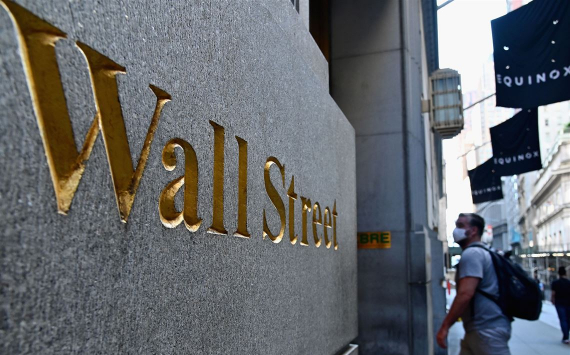
Risky business
Virtually inexhaustible investor demand for even the riskiest corporate debt is allowing struggling companies in the U.S. to raise funds at rates so low that previously only highly-rated borrowers could afford them, The Wall Street Journal wrote.
Companies with below-investment grade ratings, such as hospital operator Community Health Systems Inc. and newspaper publisher Gannett Co. have floated bonds and raised a record $139 billion in loans this year, S&P Global Market Intelligence data showed Feb. 10. Of that amount, more than $13 billion went to issuers with "CCC" ratings, a category that pre-default. This figure was roughly double the previous record.
Despite the significant amount of bonds being offered, risky companies are now able to raise funds at very low interest rates. As of February 12, the average bond yield on the ICE BofA U.S. High Yield Index, which includes pandemic-hit retailers and shale producers, was just 3.97% per annum. By comparison, less than 3 years ago the yield on ten-year US government bonds, whose risk of default is virtually non-existent, was as high as 3.23% per annum.
The most striking aspect of the current borrowing boom is its timing. Typically, after a recession, it takes several years for the market to achieve the kind of rapid growth it is now experiencing, analysts say. But in this case it took less than 12 months. What's more, the boom comes at a time when economic data suggest that the economic recovery has slowed over the winter.
Those investing in debt are not alone in their enthusiasm. Market participants are investing in various risky asset classes even as the excitement around, for example, GameStop Corp (NYSE:GME). and other stocks popular with individual investors subsides.
This optimism is largely based on the idea that the current economic problems are not normal and can be quickly solved once the COVID-19 vaccination becomes more widespread. The joint efforts of the Federal Reserve and Congress have also helped to lower interest rates and inject trillions of dollars into the economy.
In addition, struggling companies can now refinance their debts at lower interest rates, which will help reduce defaults, experts say.











